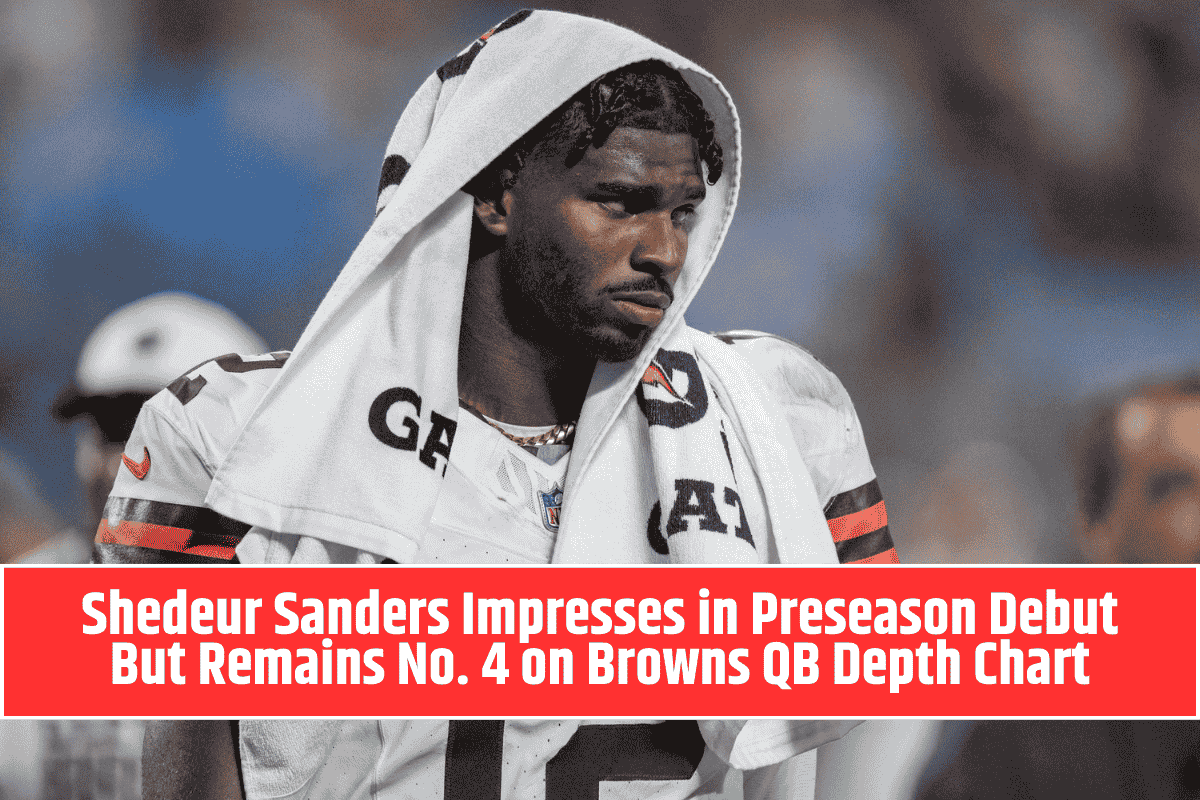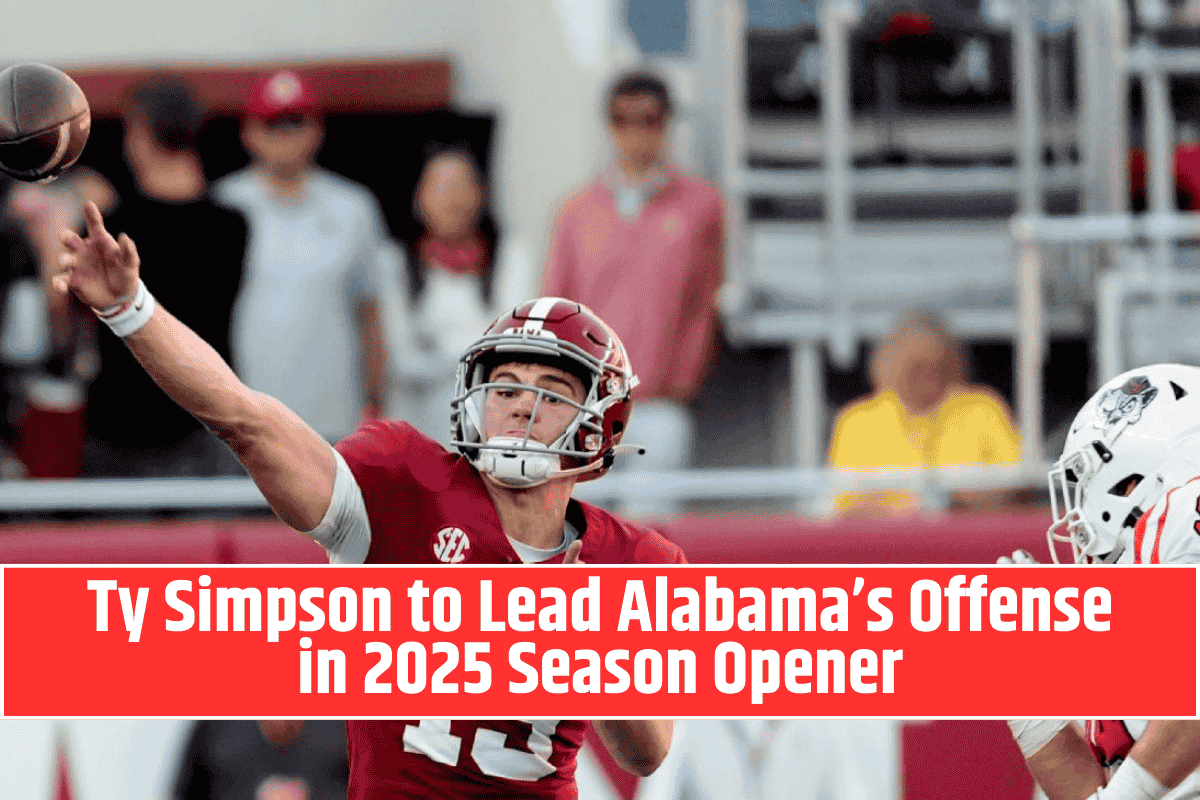San Diego, CA – San Diego Padres superstar Fernando Tatis Jr. has filed a lawsuit against Big League Advance (BLA) in an effort to break free from a financial agreement he signed as a 17-year-old minor leaguer.
The lawsuit, filed in San Diego County Superior Court, accuses BLA of using predatory tactics to lure him into what he describes as an “illegal loan.”
The Deal Signed at 17
When Tatis was just 17 years old and playing in the minor leagues, he signed a deal with BLA that gave him $2 million upfront in exchange for 10% of his future MLB earnings. Tatis was a promising prospect at the time, and the agreement provided financial support to help him progress through the minor leagues.
However, Tatis’ career skyrocketed, and he signed a 14-year contract worth $340 million with the Padres in February 2021.
As part of the agreement with BLA, Tatis owes $34 million to the company due to the deal’s terms, which now he’s contesting.
The Allegations Against BLA
Tatis is accusing Big League Advance of misrepresenting itself and using deceptive practices to convince him to sign the deal. The lawsuit claims that BLA was operating as an unlicensed lending business, pushing him into a loan agreement that was illegal under California’s consumer protection laws.
Tatis, in a statement, said: “I’m fighting this battle not just for myself but for everyone still chasing their dream and hoping to provide a better life for their family.” He added that the goal is to protect young players who may not fully understand the financial deals they are entering into.
“It’s not just about me,” Tatis continued, “It’s about protecting young players who don’t know how to protect themselves from these predatory lenders and illegal financial schemes.”
Background and Financial Terms of the Deal
The lawsuit alleges that BLA targeted young minor league players, many of whom are from poor backgrounds and are often Latin American, with predatory agreements that they don’t fully understand.
In the case of Tatis, the advance he received helped him cover living expenses, hire a personal trainer, and focus on his career as he climbed the minor league ranks.
Former major league catcher Francisco Mejía is among the players who have also sued BLA, with similar claims of unfair terms and tactics.
While the terms of the BLA agreement are not technically a loan, the company does receive a percentage of the player’s earnings once they reach the MLB. If the player doesn’t make it to the major leagues, they are not required to repay the advance. However, the lawsuit suggests that the company’s practices are essentially a form of predatory lending.
Tatis’ Career and Impact
Fernando Tatis Jr. has emerged as one of baseball’s brightest stars. As of Monday, Tatis holds a .268 batting average, .359 on-base percentage, and a .460 slugging percentage, with 14 home runs and 15 stolen bases on the season. He is a two-time All-Star and one of the game’s most exciting players.
His meteoric rise has brought him immense wealth and recognition, but his battle with BLA is shining a light on the complexities of young athletes’ financial decisions.
BLA’s Leadership
BLA, led by Michael Schwimer, a former Philadelphia Phillies pitcher, has faced criticism for its business practices. Schwimer and other BLA officials have yet to comment on the lawsuit, but the company has defended its model in the past, claiming that the deals they offer provide young players with a financial foundation while giving them the opportunity to succeed in baseball.
Next Steps in the Lawsuit
Tatis’ lawsuit aims to invalidate the contract and remove his financial obligation to BLA. The case could have significant implications for other young players who are considering similar agreements.
Tatis’ bold move to take legal action may also prompt greater scrutiny on the financial deals offered to minor leaguers, particularly those without the resources to fully understand the consequences of such agreements.












